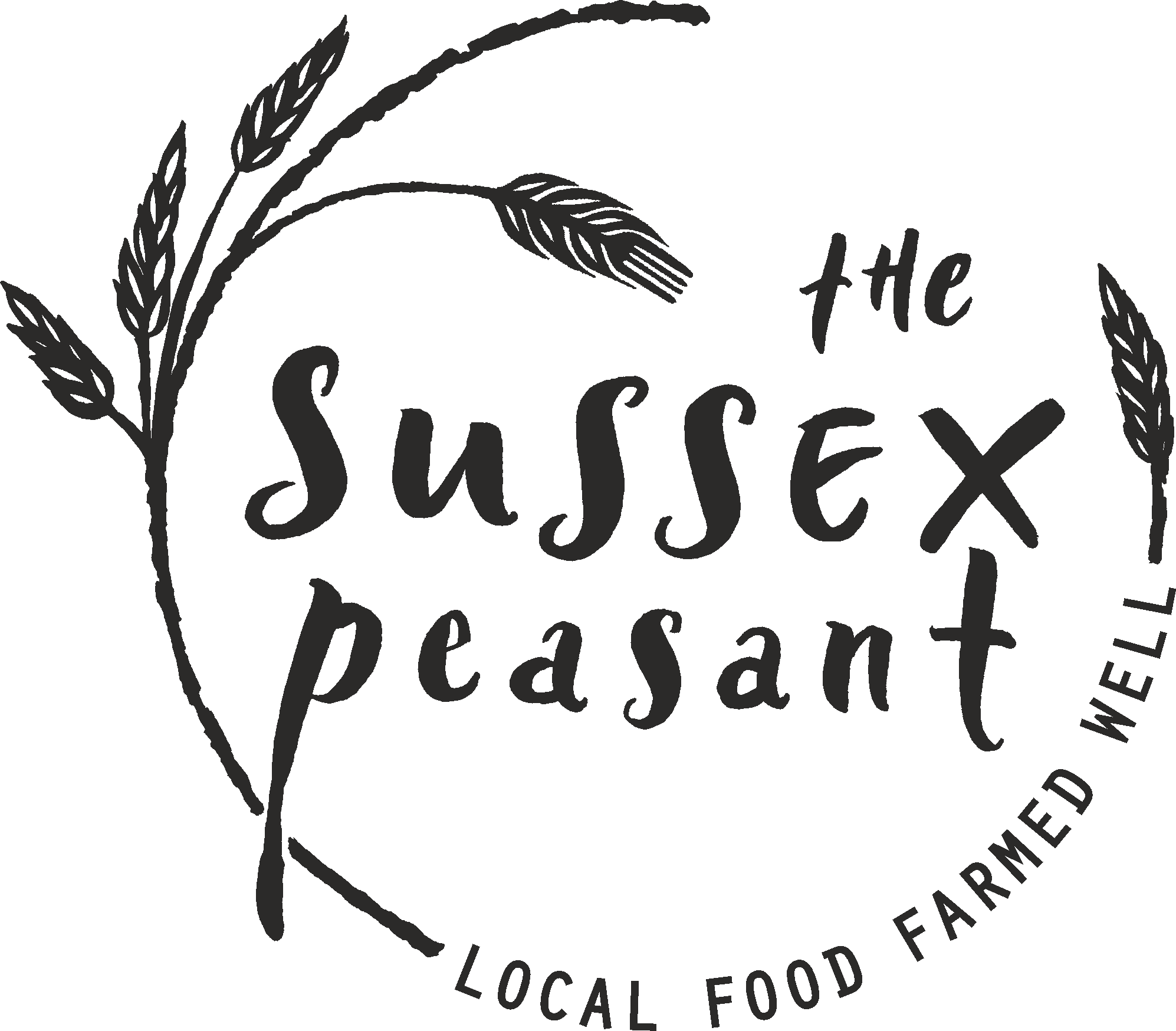Your basket is currently empty!
FARMING GLOSSARY
Use our handy guide to understand the practices of the wonderful farms we’re working with.
ORGANIC
Grown without chemical sprays or synthetic fertilisers. Certified by an official body, organic farms follow strict rules that promote soil health and ecological balance.
ORGANIC PRACTICE
Farming that follows organic principles but without the certification. It relies on trust, local relationships, and transparency.
BIODYNAMIC
A certified approach to farming that views soil, plants, and animals as a self sustaining organism. It uses natural preparations and follows seasonal rhythms to grow organic foods
REGENERATIVE
Farming that gives back to the land. Boosts soil health, biodiversity and water retention by working with nature, not against it — with minimal or no chemicals.
HYDROPONIC
A way of growing plants without soil, using water and nutrients in a controlled environment. Some farms may use chemicals, but others, like Nutbourne, grow pesticide-free in natural ecosystems.
PREVENTATIVE
Instead of reacting to pests, this approach stops problems before they start — using nature-friendly methods first, and chemicals only if absolutely needed.
FREE RANGE
Animals are free to roam in open space, eat naturally and live with plenty of fresh air and movement — as they should.
CONVENTIONAL
A common farming style that relies on chemical sprays to manage weeds and pests, and fertilisers to maximise crops yields and efficiency.


